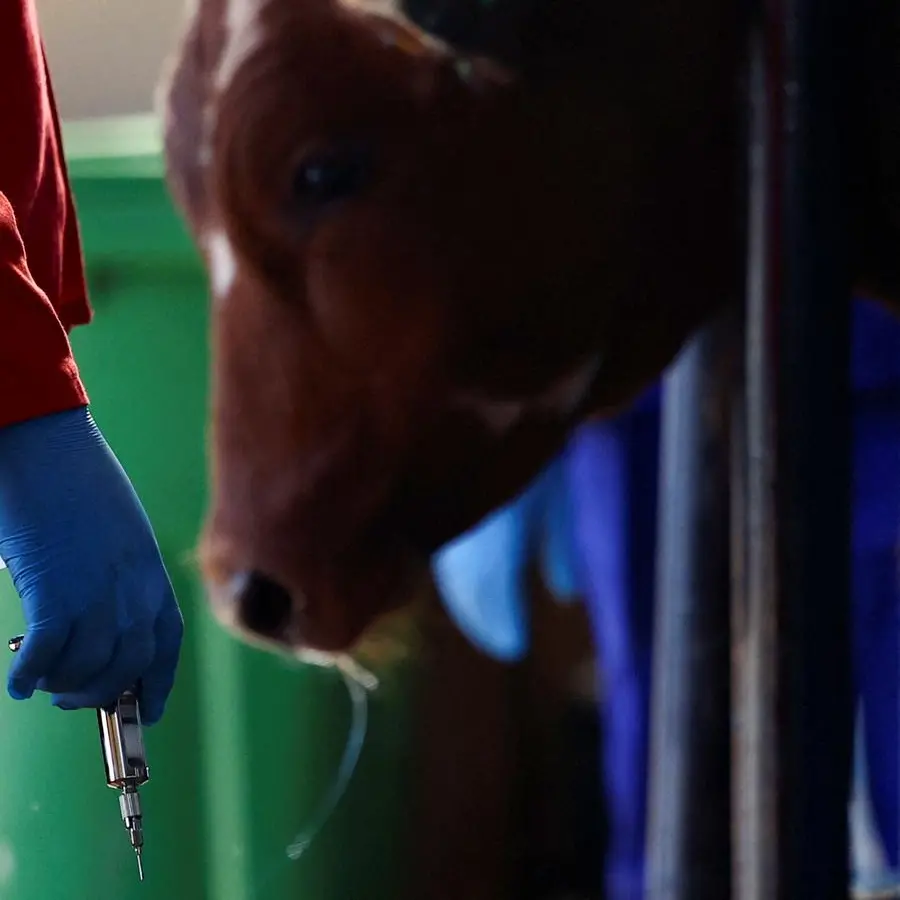PHOTO
After battling a cholera outbreak which began in February of last year, Zimbabwe gave the ‘all clear’ after saying no new cases were recorded in July. The last reported case was in June. During the outbreak, the country recorded 34,549 suspected cases and more than 700 deaths.
Dr. Douglas Mombeshora is Zimbabwe’s health minister.
“What it means really is to say the interventions that we undertook as government have yielded [the] results that we wanted, that is to make sure that we suppress cholera. There are other issues that we have to continue working on. Because the bug is still in the community,” he said.
Itai Rusike, the executive director of Community Working Group on Health in Zimbabwe, said while his organization welcomed the news of a cholera-free country, more work needs to be done.
“We had major concerns about the illness and the unnecessary loss of lives from avoidable and preventable deaths. … As a country that experienced the devastation of the 2008-2009 cholera outbreak, we seem not to have derived learning from that and subsequent ones. The cholera outbreaks of 2008-2009 were a marker of the need for investment in water and sanitation infrastructure,” said Rusike.
The government and World Health Organization say Zimbabwe had 98,592 cases and 4,288 deaths during the 2008-2009 outbreak.
Speaking to VOA, Dr. Desta Tiruneh, the World Health Organization representative for Zimbabwe, said eradication means the country can now concentrate on other health concerns.
But he hastened to add, “The underlying factors that contributed to the transmission of cholera are still prevailing. These include access to safe water supply, sanitation facilities and hygiene, plus some other misconceptions among the communities that also fuel transmission. Therefore, we have to focus our priorities in addressing these issues, like provision of water supply should be prioritized for those communities where there is high risk of cholera transmission. … In addition, the government should prioritize in focusing in these high-risk communities to make sure this outbreak does not happen in near future.”
Separately, Doctors Without Borders noted that while eradicating cholera is a big win for Zimbabwe, it “believes more can be done to prevent future outbreaks.”
The doctors’ group said there was a need for balance between having timely access to cholera vaccines and ensuring Zimbabwe invests in its water sanitation and hygiene infrastructure in both urban and rural communities.
The group, known by its acronym MSF, is one of the humanitarian organizations that worked with Zimbabwe’s government and U.N. agencies to control the spread of cholera.
Driving around Harare, people were seen walking through heaps of uncollected, fly-infested garbage, while sewage flowed in the streets in some places due to burst sewer pipes in need of repair. In some areas, people have complained of going for days without safe water for household chores and drinking.
© Copyright The Zimbabwean. All rights reserved. Provided by SyndiGate Media Inc. (Syndigate.info).





















